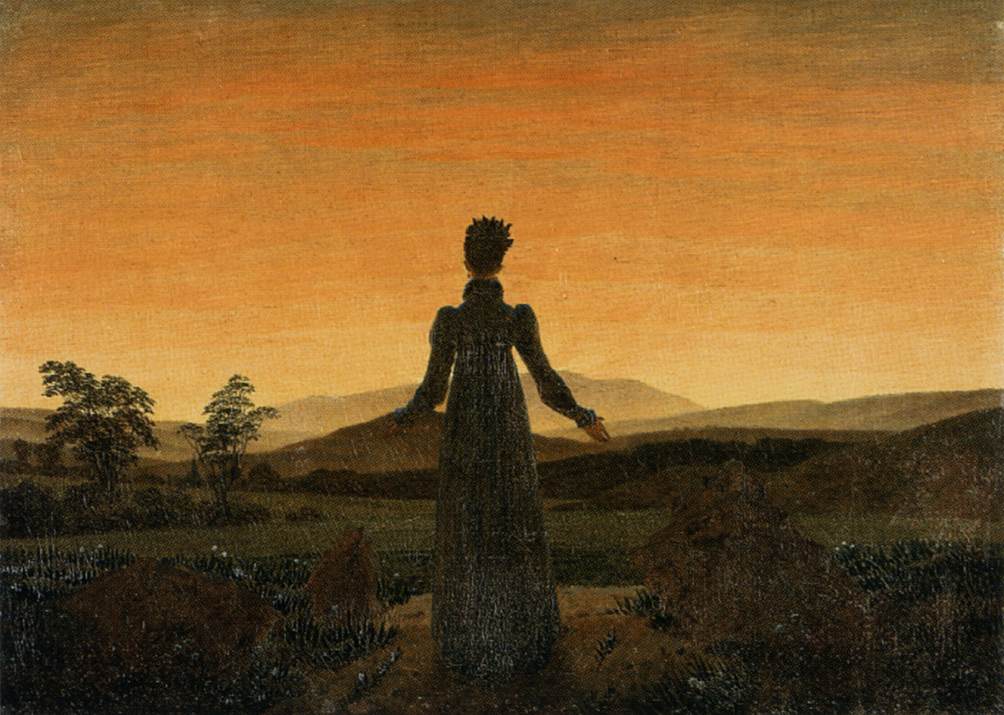We’re away until January 4, but we’re reposting some of our favorite pieces from 2020. Enjoy your holiday!
There’s a treacherously placed bookstore in my neighborhood. To go almost anywhere from my apartment, I have to pass Walden Pond Books, and it’s next door to my usual coffee shop, so even if I didn’t decide to go in on the first pass, I probably will on the second. Many of the references in my own book, How to Do Nothing: Resisting the Attention Economy, are ones that I encountered here, in books like Braiding Sweetgrass, Spell of the Sensuous, and The Genius of Birds. The influence is so strong that when I see my book at Walden Pond, I think of it as a mushroom that grew in the store.
This past October, I found myself in the store looking at a 1990 Vintage Books edition of Ralph Waldo Emerson’s Essays. Not having read much Emerson before, even as an English major, I was quickly drawn into his writing about time and perception: nature was a “mutable cloud, which is always and never the same,” and the task was to “[detect] through the fly, through the fly, through the caterpillar, through the grub, through the egg, the constant individual; through countless individuals, the fixed species, through many species, the genus; through all genera, the steadfast type, through all the kingdoms of organized life, the eternal unity.” There was an acid-trip quality to it that I both recognized and admired.
Reading Emerson’s essays did not feel like reading other books. Later, when I tried to describe the experience to a friend, I asked, “Have you ever read a book that made you feel, like, drunk?” Emerson’s aphorisms are forceful, his cadences dizzying, his appeal to individual will seductive. Normally I am an orderly, chapter-per-day kind of reader, using up a pack of Post-it flags and then typing up the important quotes later. But my copy of Emerson’s Essays has only one Post-it flag, in the introduction by Douglas Crase (an Emerson quote: “It seems the one lesson which this miraculous world has to teach us, to the sacred, to stand aloof, and suffer no man and no custom, no mode of thinking to intrude upon us and bereave us of our infinitude”). After that, I lost my bearings. I was always just somewhere in the book, underlining and circling, hunched over, my face too close to the page.
I had been primed for Emerson’s vision of transcendence. A month earlier, I’d taken my yearly trip to the Elkhorn Slough National Estuarine Research Reserve, just north of Monterey, California. My ostensible purpose was to see the migrating shorebirds—including the sandpipers whose murmurous flocks contain more than a little of the transcendental—but it was also just to recover and hear myself think. I had never been much of a public person, and I’d been caught off-guard by the publicity around How to Do Nothing. I was soon buried under the pile of obligations and opinions that followed. At times, it felt like I no longer knew what my book was about, or what it was that I actually thought. I felt desperate for some kind of clarity.
from The Paris Review https://ift.tt/3pH4jAI

Comments
Post a Comment